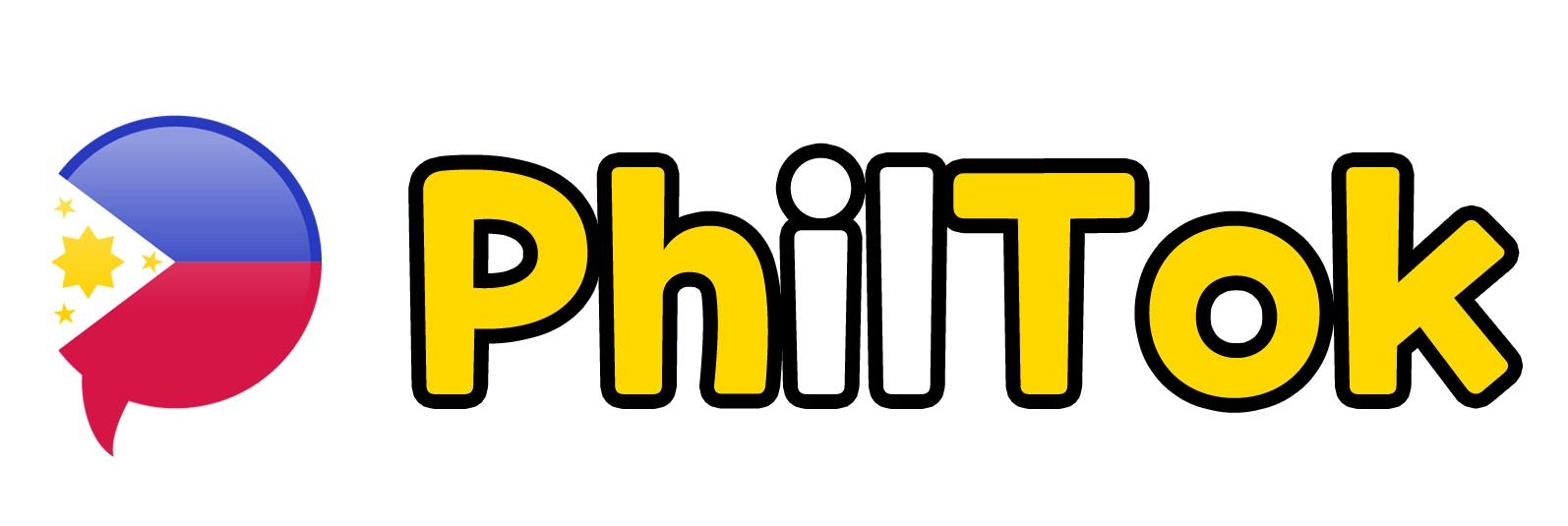[6.13] DOE: Biz는 에너지 효율성에 PHP6.8B를 투자합니다.
컨텐츠 정보
- 16,306 조회
본문
마닐라 – 에너지부(DOE) 에너지 이용 관리국은 지정 시설(DE)이 2021년부터 2022년까지 에너지 효율 및 보존(EEC) 이니셔티브에 68억 페소를 투자했다고 화요일에 밝혔습니다.
DOE에서 에너지 집약적 부문으로 식별한 DE는 연간 EEC 및 연간 에너지 소비 보고서를 국에 제출하여 EEC 이니셔티브의 채택과 이러한 프로그램이 에너지 자원 활용을 어떻게 개선했는지 모니터링합니다.
이러한 민간 기업은 상업, 산업, 운송, 전력, 농업, 공공 사업 및 기타 부문에 있습니다.
DE는 세 가지 분류로 나뉩니다. 전년도의 연간 에너지 소비 임계값이 100,000~500,000킬로와트시(kWh)인 기타 DE, 전년도 에너지 사용량이 500,001~400만 kWh인 유형 1 DE; 전년도에 에너지 소비량이 400만 kWh 이상에 달한 유형 2 DE.
DOE는 2021년에서 2022년 사이에 EEC 투자의 대부분이 61억 페소에 달하는 Type 2 DE에서 나왔다고 밝혔습니다.
유형 1 DE는 2021년부터 2022년까지 3억6000만 페소를 투자한 반면 다른 4,782개 DE는 3억600만 페소를 투자했다.
“우리 DE가 EEC로 나아가고 있어 매우 기쁩니다. 라파엘 로틸라(Raphael Lotilla) DOE 장관은 성명에서 "이러한 성과는 에너지 시스템의 지속 가능성 강화, 경제 및 사회 개발을 위한 전략적 목표 지원, 환경 목표 촉진, 번영 증대 등 기업에 여러 가지 이점을 가져다준다"고 말했다.
에너지 효율적인 기술 및 관행을 사용하는 DE의 투자에는 조명 개조와 같은 특정 장비 또는 장치의 신규 설치, 업그레이드 또는 개조가 포함됩니다. 자동 조명 제어 시스템 또는 스마트 제어 시스템; 난방, 환기 및 냉방(HVAC) 업그레이드; 대체 보일러; 및 기타 유사한 장치 또는 장비.
국은 또한 태양광 발전 시스템, 가변 주파수 드라이브(VFD), 열병합 발전 시스템, 지역 냉각 시스템, 펌핑 시스템, HVAC 시스템, 압축 공기 시스템, 스마트 제조 시스템 및 건물 에너지 관리 시스템에 대한 투자가 증가한 것을 관찰했습니다.
ISO 50001 또는 유사한 프레임워크를 획득하거나 유지하려면 에너지 관리 시스템 정책을 비즈니스 운영에 통합해야 합니다. 기관은 효과적인 에너지 관리 시스템으로 인해 이 국제 표준을 수상했습니다.
ISO 50001은 민간 기업이 배출량을 공개 및 줄이고 운영을 에너지 효율적으로 만드는 정책 개발에 전념하도록 하는 데 맞춰져 있습니다.
Lotilla는 "저탄소 집약적 경제를 달성하고 더 중요하게는 이를 비즈니스 모델에 통합하려는 우리의 탐구에서 업계는 중요한 역할을 합니다."라고 덧붙였습니다. (PNA)
This is the Original Article from PNA NEWS
[6.13] DOE: Biz invests PHP6.8B in energy efficiency
MANILA – The Department of Energy’s (DOE) Energy Utilization Management Bureau on Tuesday said designated establishments (DEs) have invested PHP6.8 billion in energy efficiency and conservation (EEC) initiatives from 2021 to 2022.
DEs —identified by the DOE as energy-intensive sectors— submit an annual EEC and annual energy consumption reports to the bureau to monitor their adoption of EEC initiatives and how these programs have improved their utilization of energy resources.
These private entities are in the commercial, industrial, transport, power, agriculture, public works, and other sectors.
DEs are divided into three classifications: other DEs, which have an annual energy consumption threshold between 100,000 and 500,000 kilowatt hour (kWh) for the previous year; Type 1 DEs, which have energy consumption of 500,001 to 4 million kWh in the previous year; and Type 2 DEs, which energy consumption reached more than 4 million kWh in the previous year.
The DOE said the bulk of the EEC investments between 2021 and 2022 came from Type 2 DEs amounting to PHP6.1 billion.
Type 1 DEs had aggregate investments of PHP360 million, while some 4,782 other DEs invested PHP306 million from 2021 to 2022.
“I am very pleased that our DEs are moving forward on EEC. These accomplishments bring multiple benefits for the companies such as enhancing the sustainability of the energy system, supporting strategic objectives for economic and social development, promoting environmental goals, and increasing prosperity,” DOE Secretary Raphael Lotilla said in a statement.
Among DEs’ investments using energy-efficient technologies and practices include new installation, upgrading, or retrofitting specific equipment or devices such as lighting retrofit; automated lighting control system or smart control system; heating, ventilation and air-conditioning (HVAC) upgrades; boiler replacement; and other similar devices or equipment.
The bureau also observed increased investments in solar photovoltaic system, variable frequency drives (VFDs), cogeneration system, district cooling system, pumping system, HVAC system, compressed air system, smart manufacturing system, and building energy management system.
Integrating energy management system policy into their business operations is required to acquire or maintain ISO 50001 or similar frameworks. Institutions are awarded this international standard due to their effective energy management system.
The ISO 50001 is geared towards enjoining private entities to disclose and reduce their emissions and to commit to developing policies that will make their operations energy efficient.
“Industry has a crucial role to play in our quest towards achieving a low carbon-intensive economy and more importantly, integrating this in their business models,” Lotilla added. (PNA)
관련자료
-
이전
-
다음


